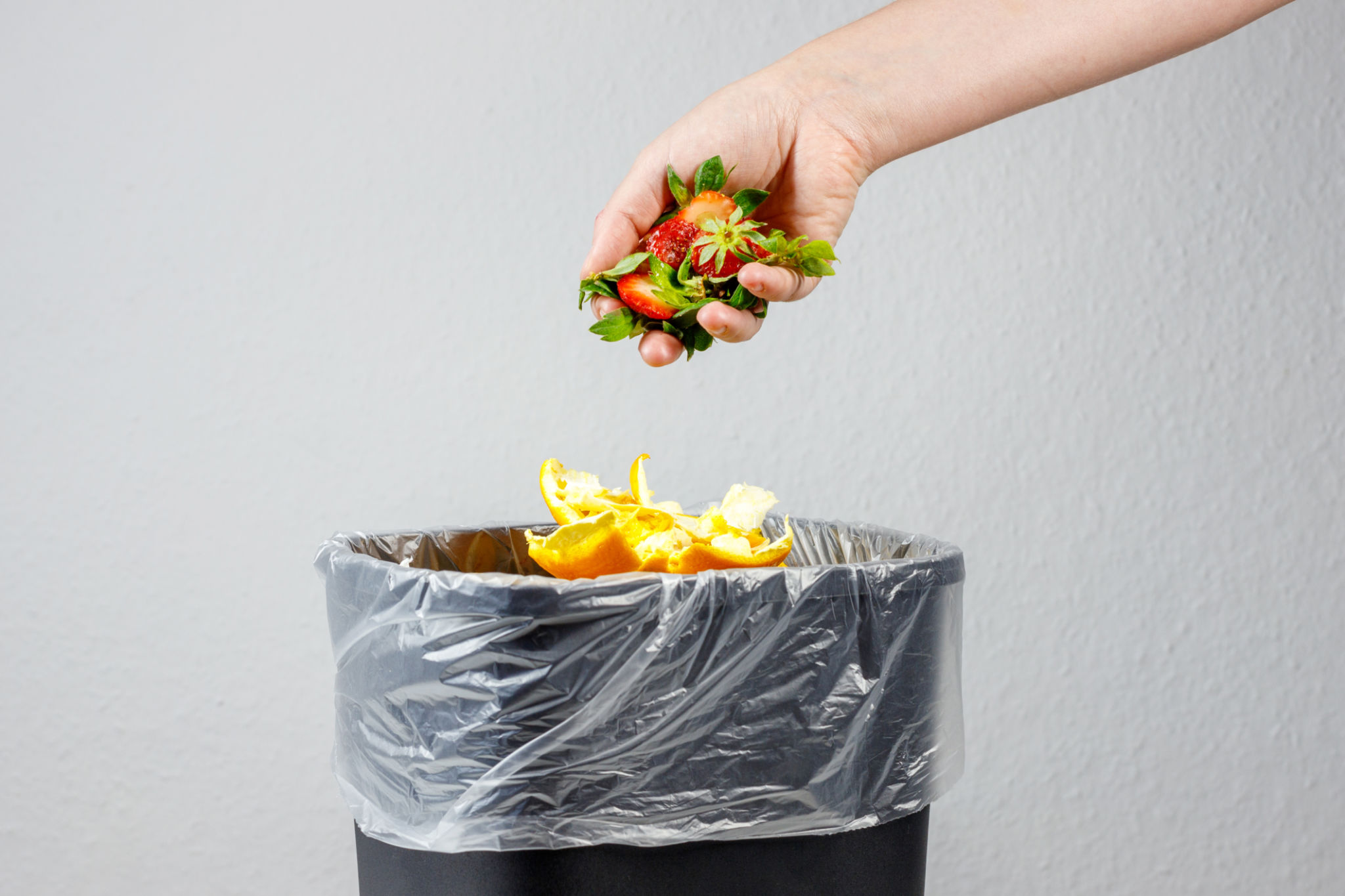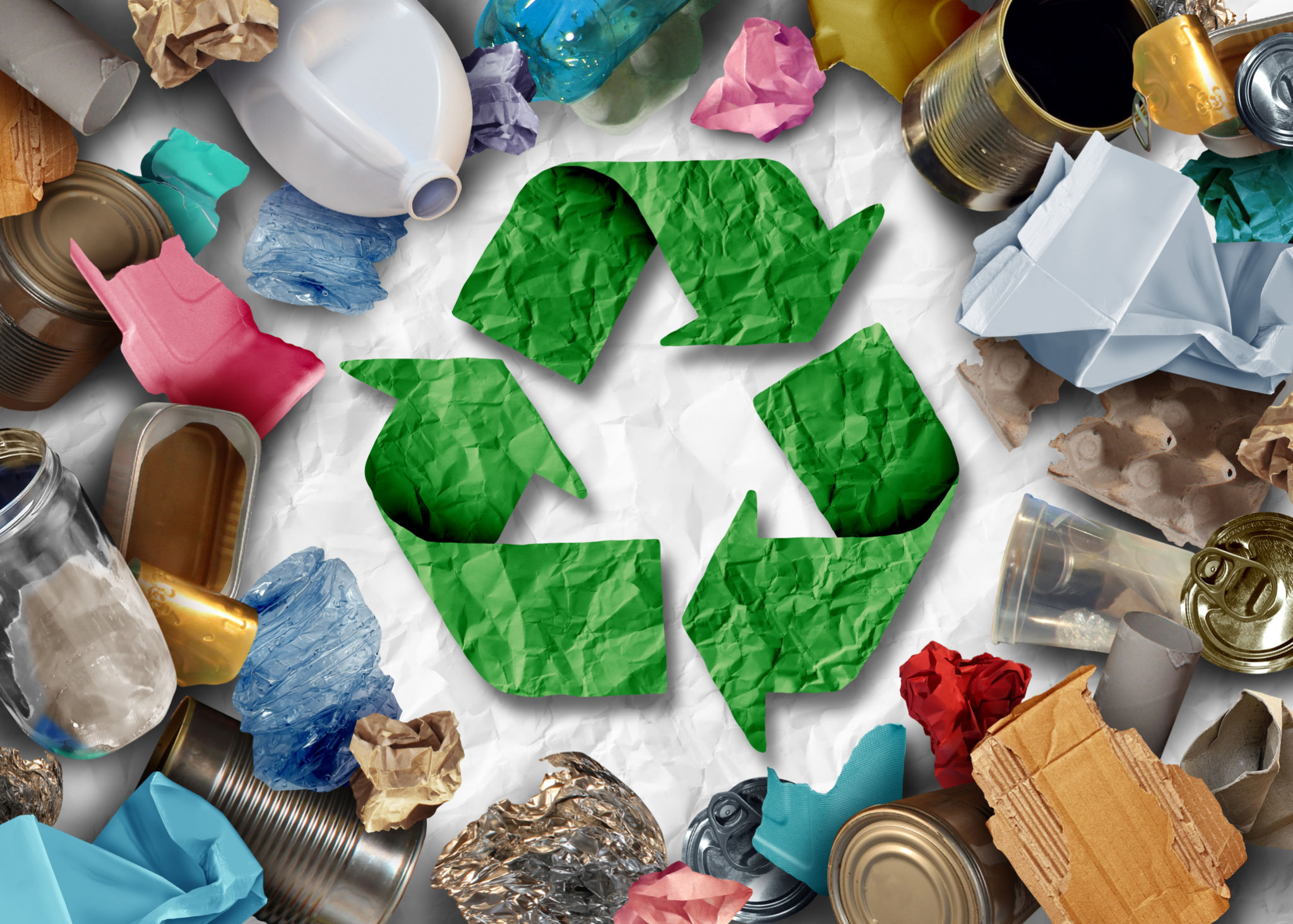Understanding Beaumont's Waste Disposal Regulations for Junk Haulers
Introduction to Beaumont's Waste Disposal Regulations
For junk haulers operating in Beaumont, understanding the local waste disposal regulations is crucial to ensure compliance and maintain a smooth operation. Adhering to these laws not only helps in managing waste responsibly but also avoids potential fines and legal issues. In this guide, we'll explore key aspects of Beaumont's waste disposal regulations that are particularly relevant to junk haulers.

Licensing and Permits
Before commencing any waste hauling activities in Beaumont, junk haulers must obtain the necessary licenses and permits. The city mandates that all waste management companies be licensed to operate, ensuring they meet specific environmental and safety standards. It's important to check with the Beaumont City Hall for the latest requirements and to ensure your paperwork is in order.
Types of Waste Materials
Beaumont categorizes waste into several types, each requiring different handling procedures. Understanding these categories is essential for junk haulers:
- General Waste: Common household or commercial waste that does not pose a significant threat to health or the environment.
- Hazardous Waste: Includes materials like chemicals, batteries, and other items that require special disposal methods.
- Recyclable Waste: Items such as glass, plastics, and paper that can be processed and reused.

Proper Waste Segregation
Junk haulers must practice proper waste segregation to comply with Beaumont's regulations. This involves separating recyclable materials from general and hazardous waste. Proper segregation not only facilitates recycling but also minimizes environmental impact. Many facilities offer sorting services, but it's beneficial for haulers to do preliminary sorting to streamline the process.
Disposal Facilities
The city of Beaumont provides several disposal facilities where different types of waste can be managed appropriately. Junk haulers should familiarize themselves with these facilities, as well as their operating hours and accepted materials. Transporting waste to the correct facility is a crucial step in maintaining compliance.

Prohibited Items
Certain items are prohibited from being dumped at local facilities due to their potential environmental impact. These include items like tires, electronic waste, and specific hazardous materials. Junk haulers should have a system in place to identify and properly manage these items, either by using specialized facilities or partnering with companies that handle such materials.
Environmental Impact and Responsibility
As a junk hauler in Beaumont, it's important to recognize the environmental implications of waste disposal. Responsible practices not only benefit the environment but also enhance the reputation of your business. Educating clients on proper disposal methods can further extend this impact, promoting a community-wide effort towards sustainability.
Staying Updated with Regulations
The regulations surrounding waste disposal can change frequently as new environmental policies are implemented. Junk haulers should stay informed about any updates to local laws by regularly consulting the Beaumont city website or joining relevant industry associations. Staying up-to-date ensures ongoing compliance and operational efficiency.
Understanding and adhering to Beaumont's waste disposal regulations is fundamental for junk haulers aiming to operate legally and sustainably. By following the guidelines outlined in this post, you can ensure your business contributes positively to the community while minimizing environmental impact.
